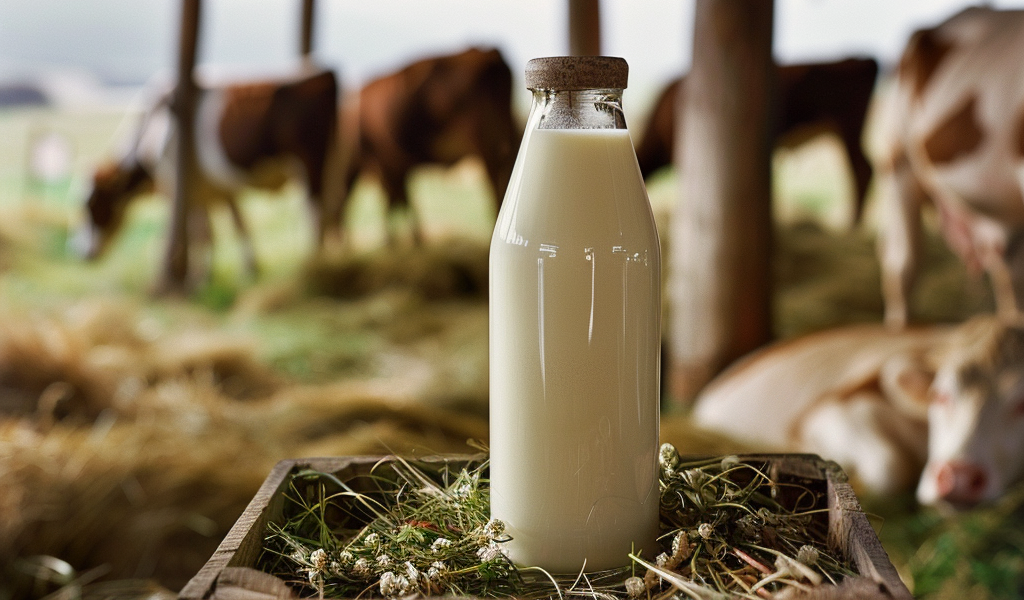As the 2024 election season heats up, the spotlight is turning toward the potential impact of Robert F. Kennedy Jr. on the raw milk movement in the United States. With President-elect Donald Trump’s nomination of Kennedy for the position of Secretary of Health and Human Services, advocates for unpasteurized milk are optimistic about the future of their cause, despite ongoing health concerns associated with raw milk consumption.
Raw milk, often touted by its supporters as a healthier alternative to pasteurized milk, has been the subject of much debate. Proponents argue that it contains beneficial enzymes and nutrients that are lost during the pasteurization process. However, public health officials warn that unpasteurized milk poses significant health risks, including the potential for serious illness outbreaks.
Recent events have amplified these concerns. A recall of raw milk from a California supplier was initiated after the product was found to be contaminated with the H5N1 virus, also known as bird flu. This incident has raised alarms within Wisconsin’s dairy industry, prompting calls for caution among lawmakers regarding any plans to expand the sale of raw milk across the nation.
Rebekah Sweeney, senior director of policy and programs at the Wisconsin Cheese Makers Association, expressed her apprehension, stating, “We think this is additional reason for lawmakers to press pause on any plans they may have to expand the sale of raw milk across the country for consumer consumption.” The connection to the H5N1 virus has added a new layer of complexity to the already contentious debate surrounding raw milk.
The health risks associated with raw milk are well-documented. It can harbor a range of harmful pathogens, including Campylobacter, Cryptosporidium, E. coli, Listeria, Brucella, and Salmonella. These bacteria can lead to gastrointestinal distress and, in severe cases, complications such as Guillain-Barré syndrome, which can result in paralysis, and hemolytic uremic syndrome, which may lead to kidney failure, stroke, or death. Vulnerable populations, including young children, the elderly, pregnant women, and those with compromised immune systems, are particularly at risk.
Efforts to legalize the sale of raw milk in Wisconsin have faced significant opposition from both the dairy industry and the medical community. Between 2009 and 2024, multiple attempts to broaden the availability of raw milk to consumers were thwarted. Currently, Wisconsin law permits only





